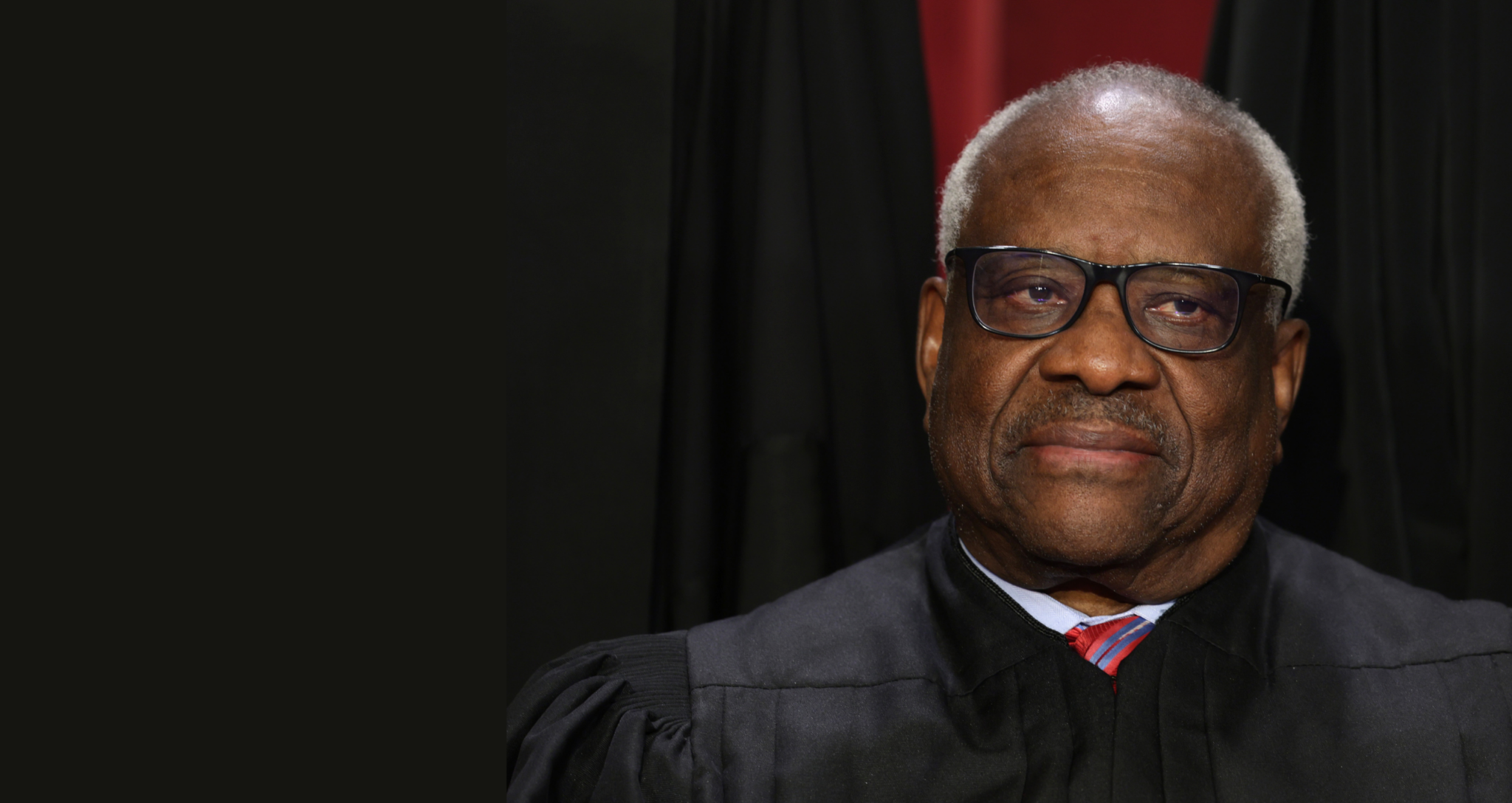Press Release
SCOTUS Scandal Subpoenas Still Necessary After High Court Creates Weak Ethics Code
Campaign
Supreme Court Justices serve on our nation’s highest court, which means they should abide by the highest ethical standards. But right now, they’re the only federal judges that aren’t held to a binding code of ethics, which has opened the door to multiple high-profile ethics scandals.
Common Cause is channeling the public outcry against these scandals into action, demanding that Congress take bold action to restore trust in our Supreme Court.
On April 6, 2023, a bombshell report by ProPublica revealed that Supreme Court Justice Clarence Thomas failed to report countless gifts and luxury vacations from conservative billionaire Harlan Crow. And in 2024, new data put a staggering dollar amount on the gifts Thomas has raked in: $2 million.
The scandals don’t end there. Justice Alito is reported to have flown an upside-down American flag and the “Appeal To Heaven” flag outside of his homes, both of which are overt symbols of support for former President Trump’s efforts to overthrow the 2020 election.
Every justice on the Supreme Court makes decisions that impact the lives of millions of people. Their verdicts should be driven by the law and the pursuit of justice alone—which is why even the appearance of external influence or political bias can be a major problem.
Undisclosed luxury travel. Gifts from billionaire conservative donors. Even flying a pro-insurrectionist flag in the days after January 6th. Until we hold Supreme Court justices to a real, binding code of ethics—like every other federal judge—we won’t be able to trust this Court to rule impartially.
What is Common Cause doing about it?
On April 11, 2023, Common Cause sent letters to the House and Senate Judiciary Committees, urging them to call Justice Clarence Thomas as a witness in hearings to examine Supreme Court ethics.
Now, we are working to pass the Supreme Court Ethics, Recusal, and Transparency Act to ensure that one, transparent standard applies to all federal judges. Over 100,000 Common Cause members have voiced their support for this critical legislation—sign the petition to join them to today:
Petition
The Supreme Court’s weak, voluntary “code of conduct” falls short of what we need. We demand REAL, enforceable ethics standards now.
Congress must pass the Supreme Court Ethics, Recusal, and Transparency Act and create the strongest possible code of conduct for our highest court.
For more than a decade, Common Cause has been at the forefront of the fight for judicial ethics. We first shone a spotlight on Justice Thomas back in 2011, when we uncovered that he was failing to report his wife Ginni Thomas’ income from conservative lobbying interests that could benefit from cases before the court.
And in fact, this is not the first time that we have demanded transparency around Justice Thomas’ ties to Crow. Also in 2011, Common Cause wrote to the U.S. Judicial Conference, asking it to examine whether Justice Thomas failed to comply with disclosure laws after the New York Times’ released an article detailing Thomas’ close relationship with Crow.
Common Cause is determined to make sure the Supreme Court is subject to strong, all-encompassing ethics regulations—and with your help, we can make it happen.
The nine justices on the U.S. Supreme Court make decisions that impact our democracy, our access to healthcare, our civil rights, and so much more. And yet, these justices are not held to the same ethical standards as other federal judges across the country.
That’s right: right now, there are fewer restrictions to keep Supreme Court justices from engaging in fundraising or partisan political activity, hearing cases in which they may have a personal interest, and more.
Our judicial system depends on public confidence that judges are deciding cases based on the law and the evidence—not their personal relationships or the impact of their rulings on their finances.
That is why throughout our history, Common Cause has called out justices who have engaged in questionable conduct. For example, our research led Supreme Court Justice Clarence Thomas to amend 20 years’ worth of incomplete financial disclosure forms.
Press Release
Press Release
Press Release
